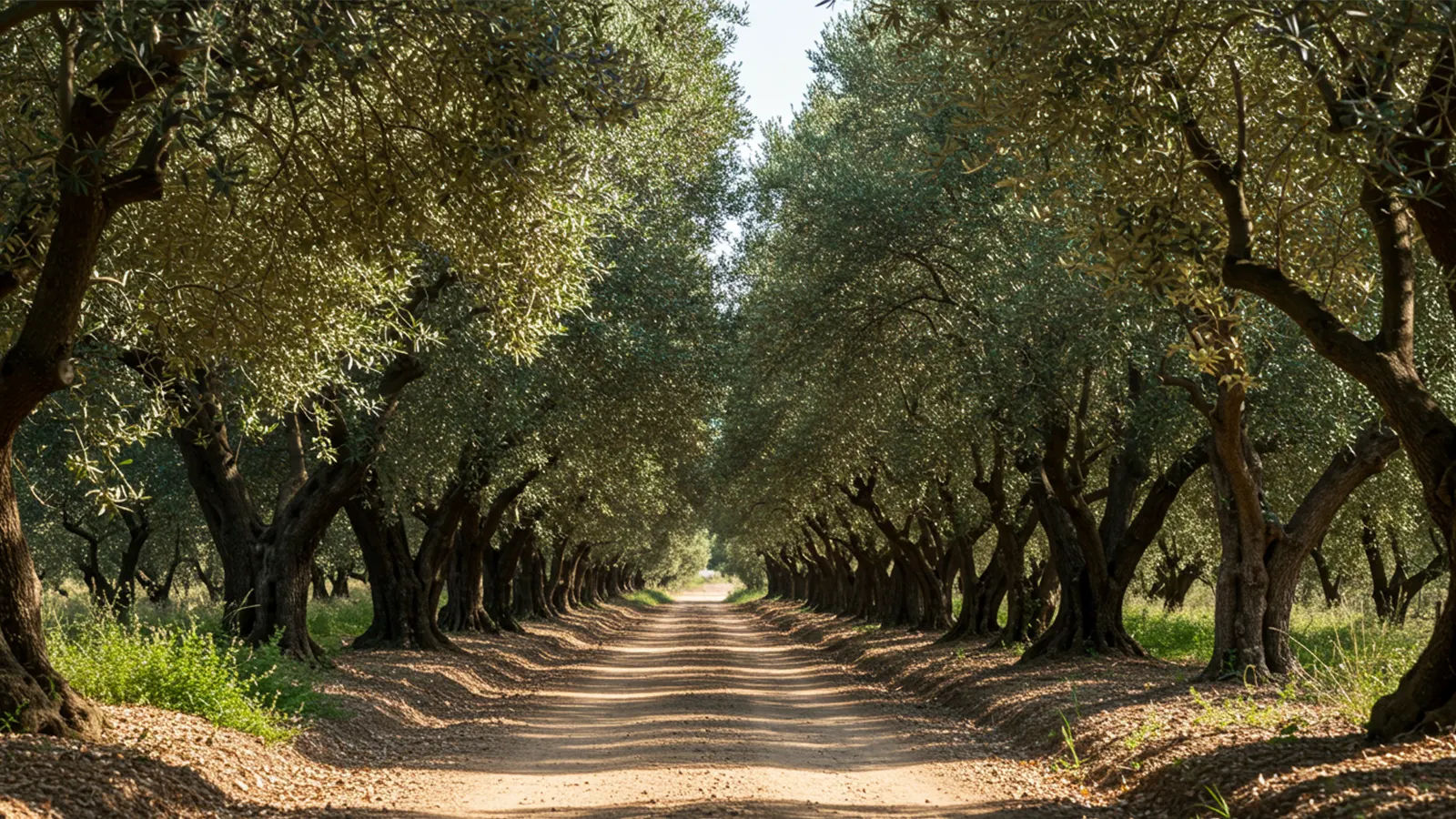Saint John the Baptist is one of the most important figures in Christianity, recognized as the prophet who prepared the way for the coming of Jesus Christ. His life, marked by humility, courage, and fidelity to his mission, is remembered not only in the Gospels but also in cultural tradition and popular devotion.
Known for his role as a preacher in the wilderness and for baptizing Jesus in the Jordan River, he left a spiritual and symbolic legacy that continues to inspire generations to this day.
Who Was Saint John the Baptist
The Birth of Saint John the Baptist
The birth of Saint John the Baptist was surrounded by extraordinary events. His father, Zechariah, a priest of the temple, received the announcement from the angel Gabriel that he and Elizabeth, his elderly and barren wife, would have a son. This miracle already showed that John’s life would be marked by a special mission. The boy was born into an atmosphere of expectation and promise, symbolizing divine preparation for the arrival of the Messiah.
Childhood and Preparation in the Wilderness
Little is known about the childhood of Saint John the Baptist, but traditions report that he grew up in simplicity, living in the wilderness. This retreat was a period of spiritual formation, where he developed a life of prayer, discipline, and direct contact with nature. This experience shaped his character and strengthened his mission as preacher and prophet.
The Mission of Saint John the Baptist
The Preacher in the Wilderness
Saint John the Baptist became known as the voice crying out in the wilderness. His preaching called the people to repentance and conversion. Crowds went out to hear his direct and impactful words. John did not seek to please, but to awaken people’s conscience, warning about the need for a change of life.
Baptism as a Sign of Renewal
The act of baptizing in the Jordan River became the most striking symbol of Saint John the Baptist’s mission. Baptism was not just a ritual, but a sign of repentance and inner transformation. It was in this context that Jesus also came to John to be baptized, a moment in which the biblical narrative recounts the manifestation of the Holy Spirit and the divine confirmation that Christ was the Son of God.
Saint John the Baptist and the Coming of Jesus Christ
The Encounter with Jesus
The encounter of Saint John the Baptist with Jesus is one of the most significant moments in the Gospels. Seeing Jesus, John recognized him as the long-awaited Messiah and declared, “Behold the Lamb of God, who takes away the sin of the world.” This statement demonstrates his spiritual clarity and his awareness that his mission was to prepare the way for something greater.
A Phrase of Humility
Among the most remembered sayings of Saint John the Baptist is: “He must increase, but I must decrease.” This expression sums up his humility and his role as a servant of Christ’s mission. John knew that his greatness did not lie in himself, but in pointing to the One who was to come.

The Martyrdom of Saint John the Baptist
The Confrontation with Herod
The courage of Saint John the Baptist also led him to confront powerful authorities. He denounced the conduct of Herod Antipas, who had married Herodias, his brother’s wife. His firmness in the truth led to his imprisonment, making him the target of the royal court’s wrath.
The Tragic Death
During a banquet, Herodias’s daughter, Salome, asked for the head of Saint John the Baptist on a platter, fulfilling her mother’s desire for revenge. Although reluctant, Herod ordered his execution. Thus John was beheaded, becoming a martyr and a symbol of faithfulness to the very end.
Saint John the Baptist in Christian Tradition
The Patron and Devotion
Saint John the Baptist is the patron saint of various places around the world and inspires great devotion. Churches, cathedrals, and communities bear his name, keeping alive the memory of his mission and witness. He is remembered both in the liturgical calendar and in popular expressions of faith.
The Feast Days of Saint John
In Brazil and other countries, the Saint John festivities unite religious devotion and cultural traditions. Celebrated in June, these festivities include dances, music, traditional foods, and symbols that represent the harvest and country life. Devotion to Saint John the Baptist blends with cultural expressions, making the feast one of the most popular on the calendar.
The Symbolism of Saint John the Baptist
The Lamb of God
By proclaiming Jesus as the Lamb of God, Saint John the Baptist gave Christendom one of the most important symbols of the faith. The lamb points to purity, sacrifice, and salvation—central concepts in biblical and liturgical tradition.
The Voice Crying Out in the Wilderness
The expression that defines John as the voice crying out in the wilderness represents courage and perseverance. He was someone who would not be silenced in the face of injustice and remained faithful to the message he received from God, even in the midst of opposition and persecution.

Saint John the Baptist in Spirituality
An Example of Humility and Courage
The life of Saint John the Baptist teaches the importance of humility and courage. Even with great influence over the people, he never placed himself above the mission he had received. He recognized that his role was to prepare the way for Jesus and not to seek personal glory.
A Call to Conversion
The message of repentance and change preached by Saint John the Baptist remains relevant. His voice echoes as a call to reflect on daily attitudes and choices. He reminds us of the importance of reassessing our paths and seeking a more authentic and truthful life.
Saint John the Baptist in Art and Culture
Painting and Sculpture
Several renowned artists immortalized the image of Saint John the Baptist in works of art. In the Renaissance, his figure appears in paintings by Leonardo da Vinci and Caravaggio. Sculptures in churches and cathedrals also portray him with camel skin, a staff, and a small cross.
Music and Literature
Beyond visual art, Saint John the Baptist is remembered in liturgical music, classical compositions, and poems. His presence in the cultural imagination reinforces his impact beyond the religious context.
Curiosities About Saint John the Baptist
- He is the only saint, besides Mary, whose birth and martyrdom are celebrated in the liturgy.
- June 24 is dedicated to his feast in many cultures, marking the summer solstice in the Northern Hemisphere.
- Names such as João, Jean, John, and Giovanni are derived from devotion to him.
- Many communities around the world hold processions, bonfires, and celebrations in his honor.
FAQ About Saint John the Baptist
Who was Saint John the Baptist?
Saint John the Baptist was the prophet who announced the coming of Jesus and preached the importance of repentance.
What was his main mission?
To prepare the people to receive the Messiah and to carry out baptisms as a sign of conversion.
How did Saint John the Baptist die?
He was beheaded by order of Herod Antipas after denouncing the king’s conduct.
Why is he so celebrated?
His life represents courage, faith, and humility. He is remembered as someone who did not seek his own glory, but pointed to Christ.
When is his liturgical feast day?
The day of Saint John the Baptist is celebrated on June 24, a date marked by devotion and cultural traditions.
Conclusion
The life of Saint John the Baptist is an example of faith, humility, and courage. His mission to prepare the way for Jesus Christ made him one of the central figures of Christian tradition.
His story spans centuries, inspiring spiritual reflections, cultural practices, and artistic expressions. More than a biblical character, John remains a timeless icon of truth and authenticity, reminding us that greatness lies in serving something greater than oneself.
READ ALSO:
- Genesis 6: Human Corruption and Noah’s Calling
- Matthew 6:33: Seek First the Kingdom of God
- The Chosen: Understand the Scene of Jesus in the Valley of Dry Bones
- Daniel Fast: Understanding the Purpose – 21 Days
FOLLOW US ON FACEBOOK